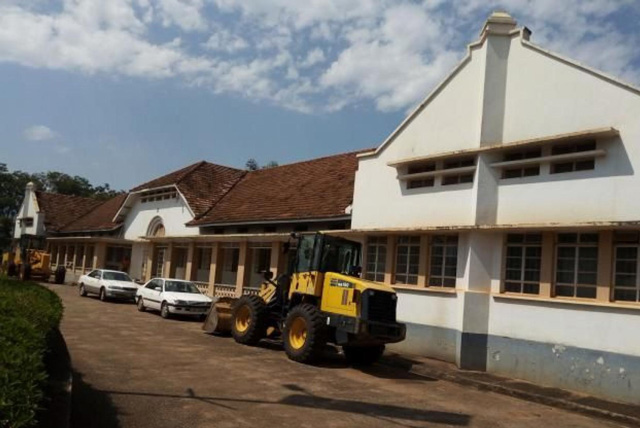
Mbale, Uganda | THE INDEPENDENT | Mbale Municipal council has received over 14 billion Shillings for implementation of the second phase of the Uganda Support to Municipal Infrastructure Development-USMID project.
This is part of the USD 360 million (1.3 Trillion Shillings) additional financing that the Ugandan government received from the World Bank to implement the second phase of the Program (USMID Additional Financing-USMID-AF) covering a period of five years, effective fiscal year 2018/19. It altogether covers 18 municipalities and four refugee-hosting districts.
The objective of the additional funding is to rehabilitate urban roads and associated infrastructure in the selected municipalities. Under the project, urban transportation terminals for buses, lorry parks and market stalls for vendors will be built alongside urban solid and liquid waste management systems, drainage and stormwater management systems.
It will also help the development of urban local economic infrastructures such as markets, slaughterhouses, servicing land for industrial and commercial uses, cottage industries and tourism sites.
According to Mbale municipality USMID Project Coordinator Rhodha Nyaribi, part of the funding to Mbale, is meant to develop Naboa and Cathedral Avenue. She said that the rest of the money will be used to strengthen institutions citing the renovation of the municipal court, furnishing of the division offices, and reviewing of the Mbale municipality structural plan.
Works from the first phase of the project, which was commissioned in July this year covered the upgrade of Republic Street, Nabuyonga Rise, and Mugisu hill, all in Mbale municipality.
But Mbale Municipal Council Town Clerk Paul Batanda told URN that the first phase of the project was shrouded in challenges which caused defects on the roads. However, he adds, the municipality has taken precautionary measures to ensure that the materials used are up to standard.
Mbale Municipality Mayor Mutwalib Zandya urged residents to protect their town and cooperate with the contractors when the works on the roads begin.
Technically known as USMID-AF, the program will also extend support to eight districts of Adjumani, Moyo, Yumbe, Arua, Isingiro, Kiryandongo, Kamwenge and Lamwo that have faced a high influx of refugees over the years, on top of the initial beneficiaries which include Arua, Lira, Gulu, Soroti, Entebbe, Mbale, Tororo, Jinja, Masaka, Hoima, Fort Portal, Mbarara, Kabale and Moroto.
*****
URN
 The Independent Uganda: You get the Truth we Pay the Price
The Independent Uganda: You get the Truth we Pay the Price



